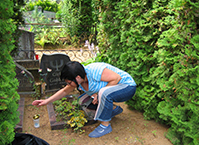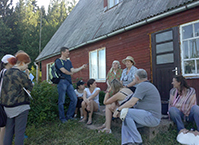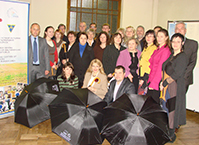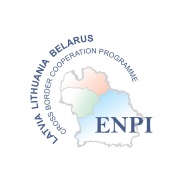Vladzimir Prashleutos: Soltyses, partisans, White Poles
Categories: Mode of life, Vladzimir Prashleutos
Please tell me was there any German permanent post or police post here?
They told there were both a Gestapo and … a permanent post… But there were just few persons, about fifteen or twenty.
Were there local policemen?
There were just few of such policemen. Just few of them. There were soltyses. The local ones.
Were they appointed by the Germans?
The Germans appointed soltyses, but from the other side, they did lots of good things.
And what about partisans?
What kind of partisans were here? They, as the phrase goes, protected their own skin. You see. They hid at the villages, at these… at the dug-outs. We went door to door. They stole sheep, may be pigs. What kind of partisans you are talking about? May be they did something good here… these partisans.
And who were the White Poles?
In 1939 all our country was under the Polish rule. That is why some bands left here, such as «batska Makhno», they belonged both to the Whites and the Red Army, they belonged to the Germans, the Red Army, the Soviets. They gave both of them. These were from the Polish Army. Bands were walking around quite often here. Because there were White Poles here, but if we speak about the region from Ramanova to Pervamajsk... there were forest brothers there. There were Lithuanians there. These bands were going around till 1955. Here, in Astryno, when the rayon was established you could meet the so called «astrapki».











